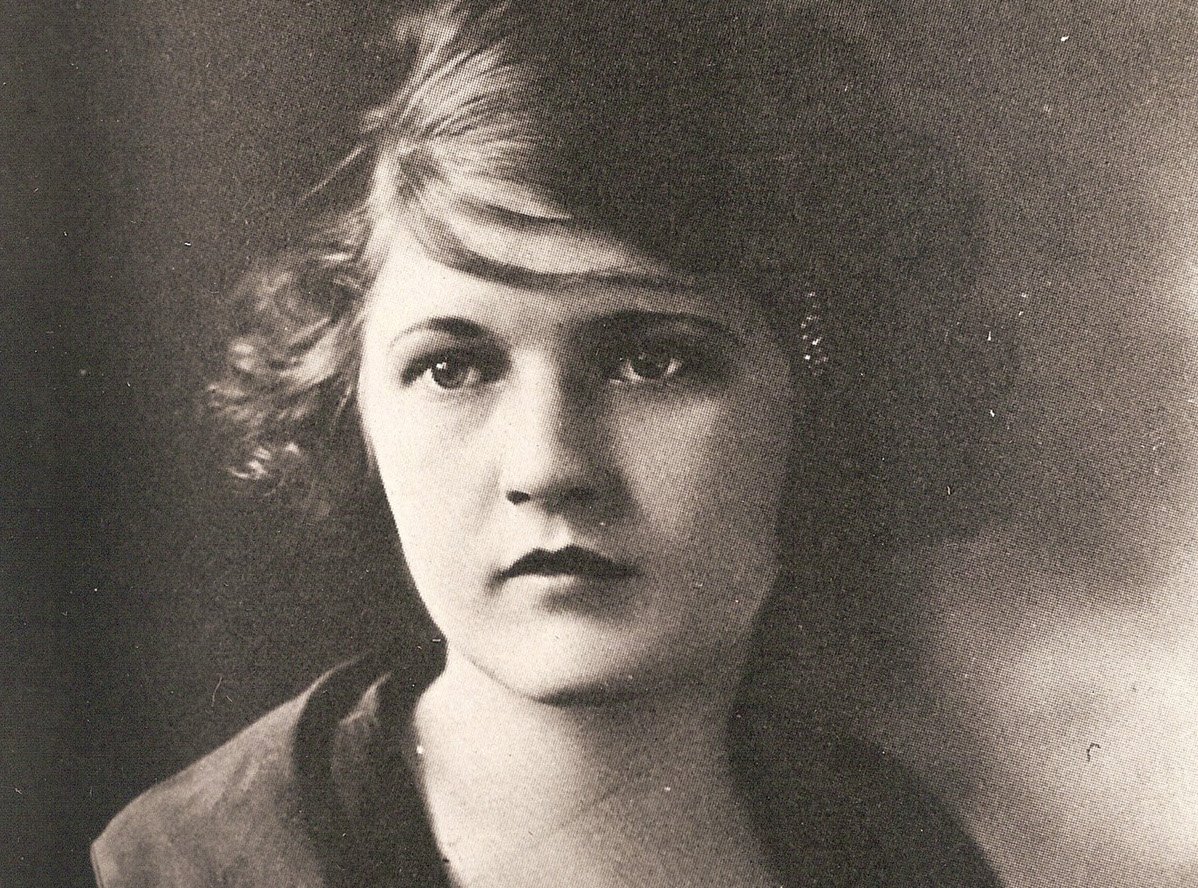Scott Fitzgerald's true masterpiece
F. Scott Fitzgerald is one of the better known writers of our time. His most popular novel, The Great Gatsby, is considered to be one of the greatest literary works of all time. However, it wasn't very popular when it was published. It only ever gained attention after Fitzgerald's death. And for him, that's not even his best work. He considered Tender is the night to be his true masterpiece, a much lesser known novel. What makes it so special in his eyes?
 |
| Via Goodreads |
This novel is difficult to read and to enjoy. It is filled with irrelevant characters, changes in the narrative style, and a dense plot. It is divided in three books: the first one starts in the French Riviera and describes the fabulous lives of the Divers. The second book takes us back to the past, to a psychiatric ward in Switzerland, where our couple meets. The third and last book takes us back to the Riviera, now the deathbed of the marriage.
"She hated the beach, resented the places where she had played planet to Dick's sun." Nicole Diver, Book III.
The second book is the most interesting one because it offers answers. In this book, the reader discovers Nicole's disease and the couple's long-held secret. We finally understand Dick's actions and attitude, but instead of empathy, it inspires pity. There is really no reason to appreciate a novel that takes so much to understand until we discover the most important trait of the novel: it is semi-autobiographical..
Fitzgerald is no doctor, much less a psychoanalyst, but he did marry a victim of mental illness. In 1930, Zelda Fitzgerald was diagnosed with schizophrenia and her condition forced the writer to live near a mental institute and get educated about mental health. From a certain point of view, Tender is the night can be interpreted as Scott's attempt to understand Zelda's illness, since Nicole is the only character with a first person point of view throughout the novel. Scott's narration helps us comprehend the degree to which he considered his wife's illness to be a burden and the reason behind his lack of success. It is a victim stance that blocks any empathy we might feel for the character and forever changes our perspective on the author.
 |
| Zelda Fitzgerald |
Zelda's is not the only mental instability that is exposed in the novel. In his desire to write a genuine story, Scott also explores his own emotional turmoil. His ambition to always be on top of any given situation, narcissism and self-pity are as much the author's ruin, as it is the character's. As the novel progresses, we loose fascination for Dick and we start to notice his moral ambiguity and lack of principles. However, what for the character is a descent to dissociation and instability, to the author is deep self-awareness.
"He had lost himself - he could not tell the hour when, or the day or the week, the month or the year." Dick Diver, Book III
The way Fitzgerald portrays Dick, considering him as a reflection of himself, adds a complex dimension to the character we would've otherwise not noticed. His actions, thoughts, attitudes and even raging alcoholism now have a deeper impact for the reader than mere emotional misery for Dick. When Dick thinks to himself "when you get drunk, you don't tear anything apart except yourself", we now understand that it is Fitzgerald who comes to this conclusion. What begins as an exploration on the dynamics of a toxic relationship, ends up being an introspect analysis about alcoholism, mental illness (clinical as well as situational), and the risks of loving a person you do not comprehend.
I rest my case: Tender is the night is a difficult novel to read and to enjoy. But, knowing what I now know, it's easier to agree with Scott Fitzgerald - this truly is his masterpiece.
I rest my case: Tender is the night is a difficult novel to read and to enjoy. But, knowing what I now know, it's easier to agree with Scott Fitzgerald - this truly is his masterpiece.
I dreamed about buying a Fitzgerald novel in Paris and this one happened to take place in the French Riviera, where I lived at the moment. I opened this book with laughable naiveness.


Comments
Post a Comment